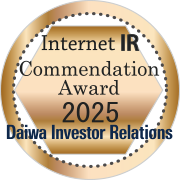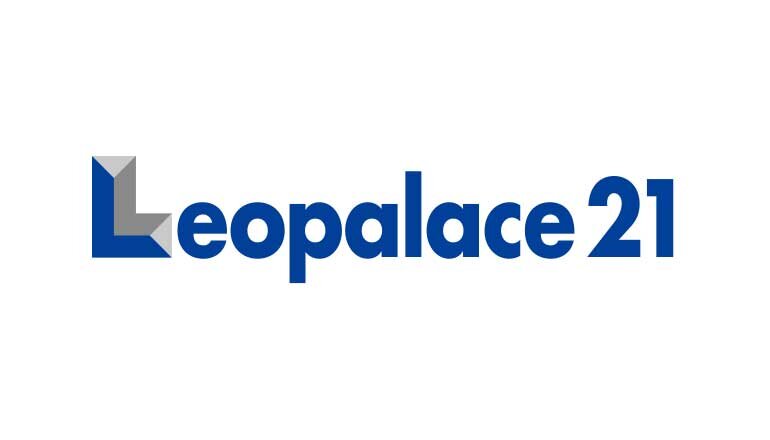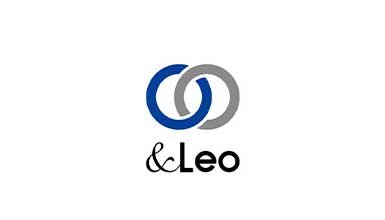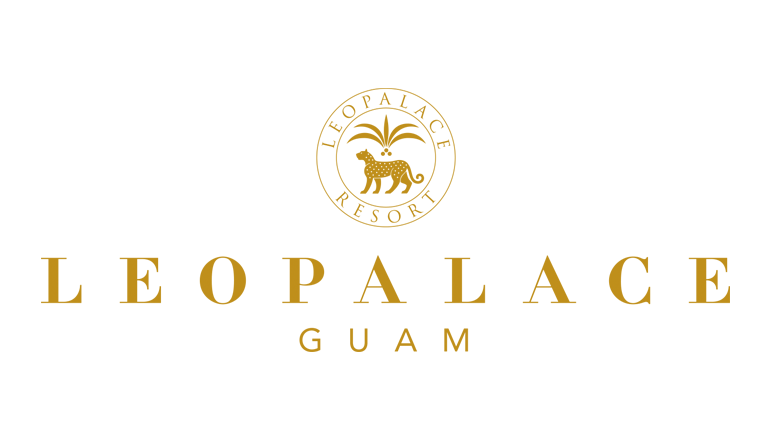- HOME
- Information for Investors
- IR Materials
- Integrated Report
- Message from an Outside Director
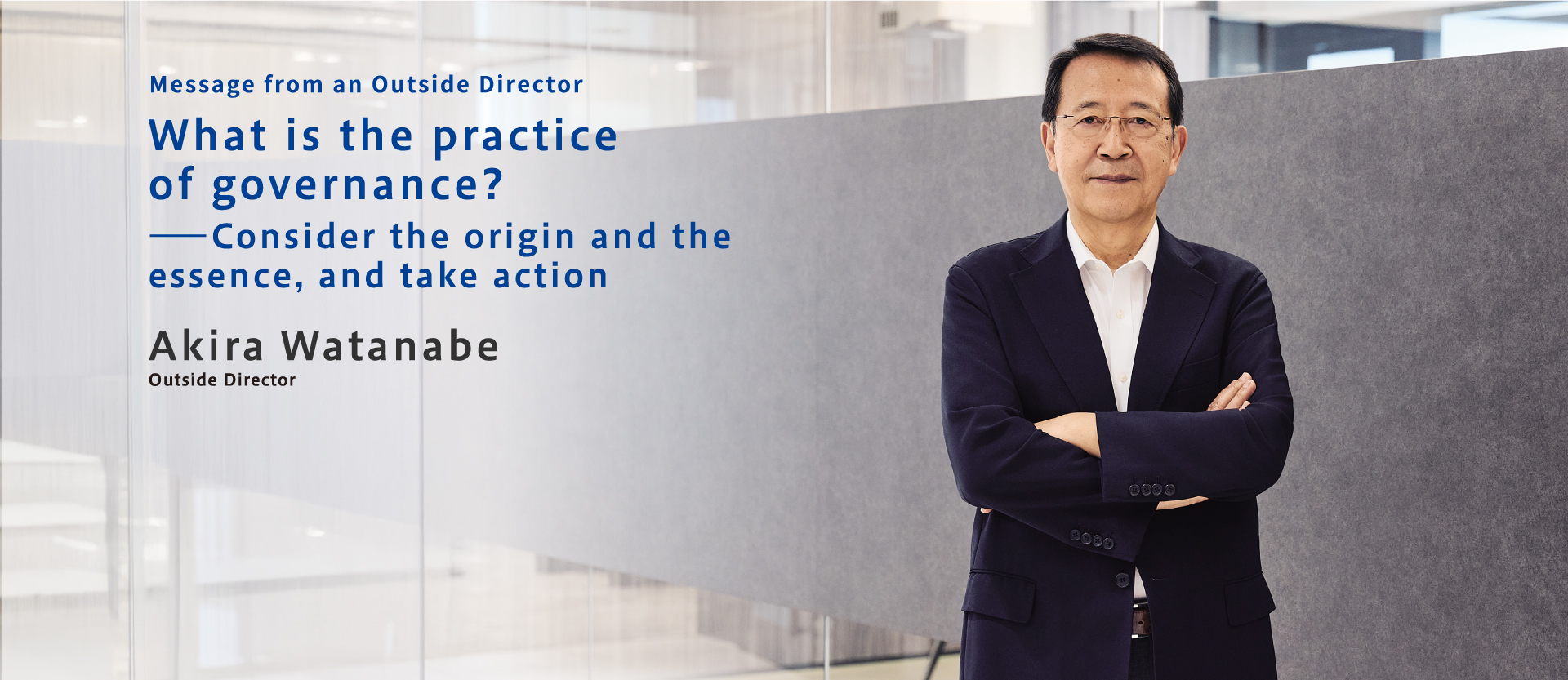
Transforming corporate culture is a never-ending endeavor
The construction defects problem and governance
Over the past several years, Leopalace21 has worked to improve its governance and to enforce compliance.
At the time I became an outside director in 2020, the era of management under the Company's founder still exerted inescapable influence over the Board of Directors, and I was unable to sense a profound effort to tackle governance. If the Company had not been negligent in the fundamentals of responsibly completing the work contracted by building owners and of providing comfortable, pleasant housing to tenants, the construction defects problem would not have occurred.
In short, I think that fault may have originated in a predisposition to follow the opinions of the upper management of the Company. Governance here refers to "Corporate Governance," or mechanism for monitoring whether a joint-stock company is being managed impartially in a manner that serves the interests of shareholders. If a company does not have a good mechanism for this, deviations can easily occur. The construction defects problem clearly originated in a failure of governance to function.
Transformation will not move forward unless governance properly works. In principle, outside directors bear the role of monitoring the appropriate use of management resources. Out of concern over lack of change in the Board of Directors, I began putting forth opinions that ventured into the area of management execution, including how governance could be enhanced. While the Company has since been taking steps forward, I do not yet see these as sufficient. Transformation of a company's culture takes a long time. Without effort and reflection on everyday actions, good habits will not take root. Top management must also change itself, and the Company must not only make changes to its systems but also continuously put the changes into practice.
This continuous practice requires that the Company avoid superficial debate that fails to understand the essence of the words. All information and systems of the Company should be organized from their fundamental starting points. Moreover, to understand the true significance of the mechanism of governance, the Company must look back to the origin of the joint-stock company.
The Dutch East India Company
The origin of the joint-stock company lies in the Dutch East India Company, founded in the Netherlands in 1602. As the national power of the Netherlands grew dramatically in the early 17th century, at one point, dozens of Dutch companies engaged in East India-related trade. Upon the entry of Britain and France into the trade, the Netherlands consolidated Dutch companies into the Dutch East India company. A framework for division of labor among providers of funds, providers of ships, captains, and crew was employed. The mechanism of shares was invented as a means of distributing profit according to individuals' share of investment. However, improprieties in the distribution of profit were not unusual in the early days, with outcomes that included ship crew mutiny. The need for schemes to monitor and control the organization was recognized, resulting in the creation of mechanism that have led to the corporate governance of today. In other words, because a joint-stock company represents an aggregation of capital, the lack of governance may result in serious improprieties. Accordingly, the mechanism for monitoring such improprieties has existed since the time joint-stock companies were created.
Governance is the pursuit of happiness
The essence of governance can also be understood from shareholders' reasons for investing. Shareholders invest in the expectation of share price increases and high-yield dividends. The anticipation of price increases is grounded in the desire to profit and become rich. Why do investors seek wealth? In the end, they do so because it makes their families happy. If investment is performed for the sake of family happiness, it is preferable for shareholders to receive dividends over the medium to long term rather than receive transient profit. This requires that the existence of companies is accepted over the medium to long term, and naturally makes compliance with laws and regulations a high priority. Earning recognition as a good company and a good citizen is likewise important. When we break down "governance," it refers to the mechanism for monitoring improprieties and maximizing shareholder values.
Actually, the words "governance" and "compliance" do not appear in Japan's laws governing joint-stock companies. Throughout Japan, not only within the Company, these matters have long been discussed without an essential understanding of them. As I recall, one reason why the term "governance" became widely known in Japan involved statements concerning the collapse of Japan's bubble economy made by Hirotaka Takeuchi, an honorary professor at Hitotsubashi University. The governance introduced by Professor Takeuchi, who had taught at Harvard Business School, was American-style governance that seeks to maximize shareholder profits. Naturally, maximizing shareholder profits is not wrong. In his 1979 work Wakon wasai no susume (Japanese spirit combined with Japanese learning), the late Western historian Shosaburo Kimura advocated the importance to Japan of making use of Western technology with a Japanese spirit. In Rongo to soroban (1916), Eiichi Shibusawa placed value on morality and the public interest. In the same way, I would like the Company to forge ahead with debate grounded in spirituality and ethics, without being satisfied by superficial discussion. I believe the key to regaining society's trust can also be found in this approach.
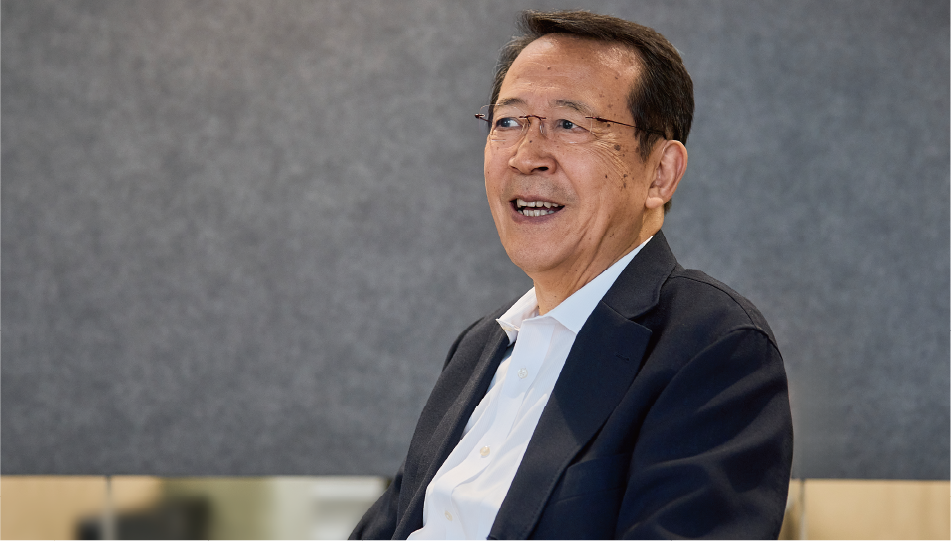
Governance is pride in work
Governance is human life itself
Corporate governance is actually linked to employees' everyday lives and their lifetimes. Many shareholders today are banks, securities companies, and other institutional investors. The largest of these investors are pension funds. This means that the source of investment funds is in fact society as a whole, including individual employees. The failure of a pension fund to earn gains through its management has an impact on the future lives of employees. Universities and research institutes, too, invest donated funds to enable their greater use in research and educational activities. Seen from those perspectives, it should be clear that the issue of governance as maximization of shareholder profits directly relates to yourselves and to everyone in society. Governance is human life itself.
A sense of personal ownership is the foundation underlying a company's governance. Although the Company is moving forward with reforms to its corporate culture with "employee-centered" as its aim, as I see it, there is no collective mindset yet in the organization as to how the employees see things from their perspectives. That mindset means thinking on one's own, taking action to achieve goals, and shouldering responsibility for outcomes. As an example, calling for steady growth in a medium- and long-term plan is easy to do. By contrast, what matters when reflecting on the essence of governance is a perspective of how to create and execute responses when the plan appears to be foundering. The key is to actually implement it. The Company is preparing for the introduction of a regional branch structure and delegation of authority to regional leaders, but creating this structure alone will not produce results. We must not forget that capabilities for execution, verification, and the leadership to support these will be needed.
Pride in work
In promoting autonomous conduct, human resource development is vital. While human resource development may not yield immediate efficacy, I think its effects are gradually beginning to appear. However, attracting talented human resources is not easy for a company that has been involved in major misconduct. That is why the Company must create an environment that lets employees take pride in working here.
As a component of this, I proposed a scholarship program that utilizes housing for singles, a management resource of the Company. I hear that the program has garnered a great response from inside and outside the Company since its launch in April 2025. The fact that the Company has programs of significant public benefit leads to affirmation of self-worth and enhances self-regard in employees. I plan to also propose the establishment of in-house clubs, including those for sports, music, and haiku poems. Holding shared goals cultivates a sense of solidarity, while festival-like venues foster a sense of belonging, respect for people, and understanding of diversity. I believe that such things, too, will lead to a corporate culture that enhances governance.
Restoration of trust, never-ending reform
Starting from less than zero
While the construction defects problem has been settled to a degree, the Company is making its restart not from zero but from less than zero. Taking the obvious for granted will not lead to the restoration of lost trust. The Company has to soberly consider how it can regain trust and take action accordingly, without straying from that path.
Reforms have no endpoint and demand never-ending effort. In order for employees to put governance reforms into practice in their everyday work, it is also important that they abandon uniform, stock ideas about people and society and instead engage in deep insight. I would like to see employees set aside their smartphones a bit and become familiar with books, especially the classics, to think about human existence.
For the world and for people
Living as a human means, first and foremost, living for the world and for others. Divisions of labor exist for the purpose of increasing overall happiness in society, by having people shoulder the work that they can do well. This means that the presence of companies that are not of use to society is unacceptable. People failing to engage in everyday work with the recognition that their expertise is connected to somebody's happiness is unacceptable.
I hope that what I've said here will not be heard in passing but will be taken to heart, considered, and linked to action. Even bringing up a problem with supervisors may not yield the answers you expect. Even so, I want you to believe that the actions of every one of you will change the Company and nurture governance, and to resolve that there is no choice but to keep on tackling challenges.
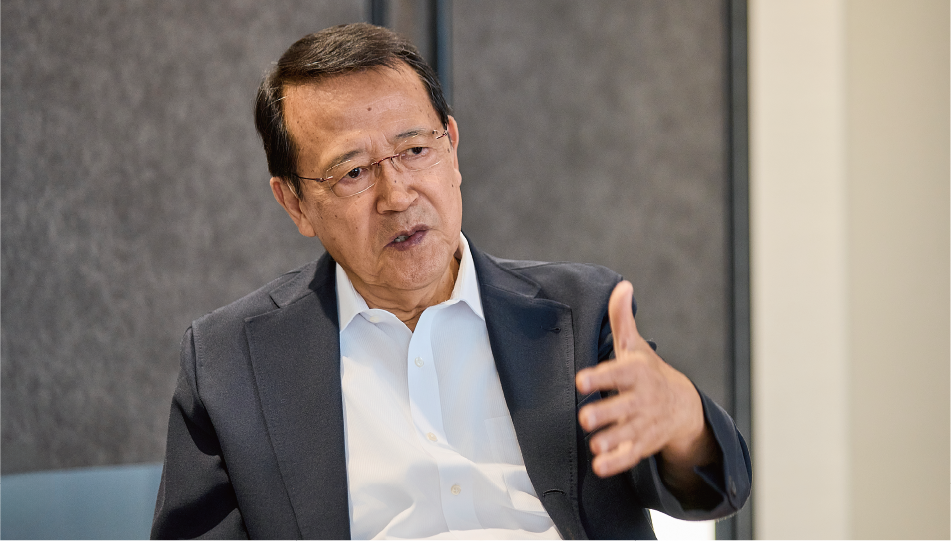
-
Page access ranking
January 1-31, 2026
-

Leopalace21 is working to solve a wide variety of social issues with the aim of creating a sustainable society under the sustainability vision of "We go on creating new value for society today and in the future."
SERVICE SITES
-
- Clicking the links above will take you to the home page of each site.
